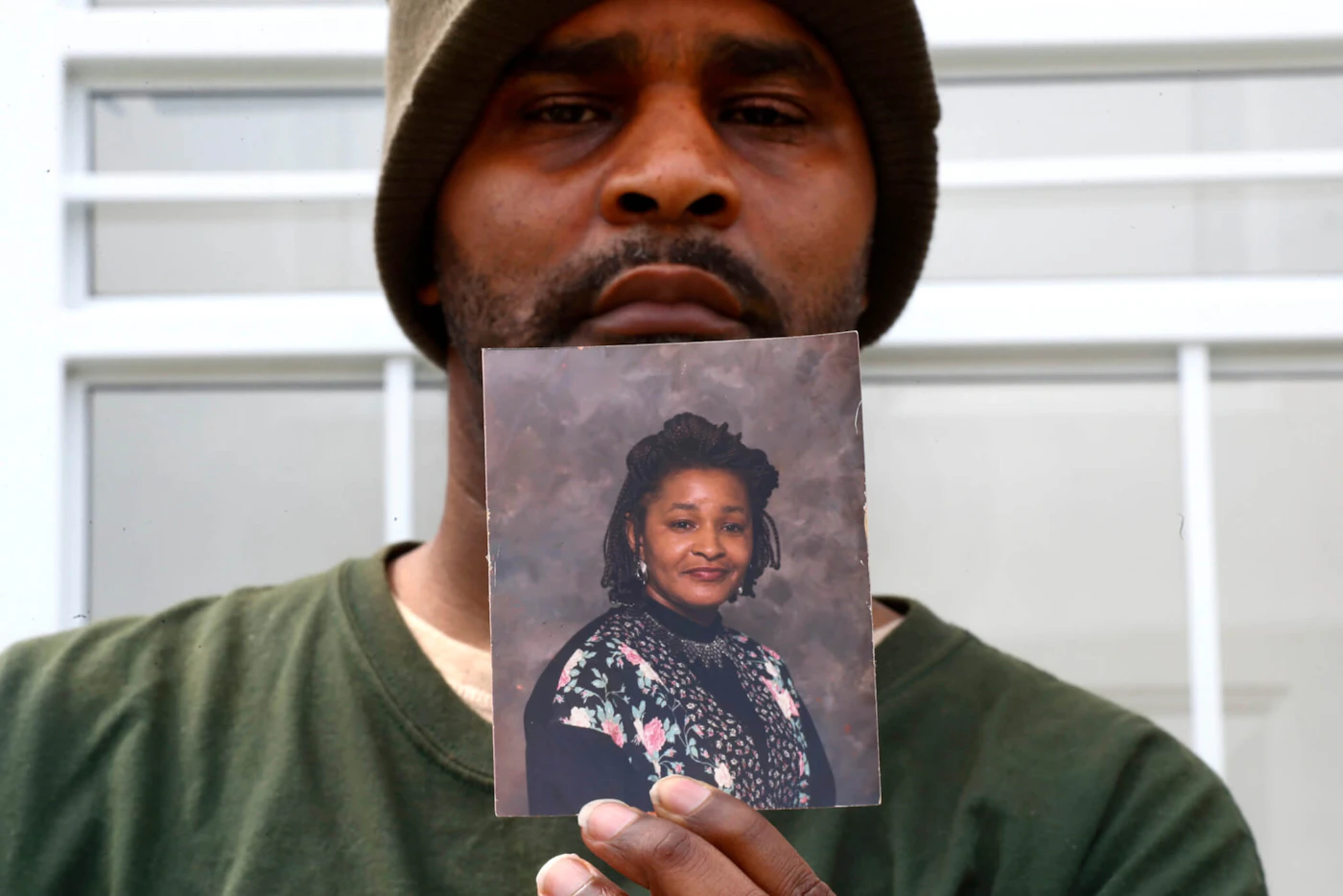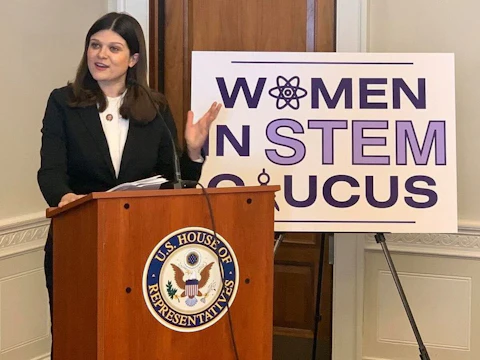In the midst of recovering from the largest city bankruptcy in American history, Detroit now contends with a virus killing one of every ten infected.
DETROIT, MI — It was a long road getting Detroit out of a financial abyss. The city endured the largest municipal bankruptcy in American history after decades of decline, and as the city began to recover, a global health emergency burned through the streets.
Detroiters have died in greater numbers than even larger cities, and as a percentage of coronavirus cases Detroit still holds a fatality rate of more than twice the national average. More than one in ten patients diagnosed with the coronavirus die in Detroit.
RELATED: McConnell’s Refusal to Help States and Cities Could Plunge U.S. Into Depression, Experts Say
A fragile recovery met with a health crisis on a previously unimaginable scale have left Detroit to slash its budget in anticipation of some harsh realities: High unemployment and stark impact of the pandemic are eviscerating the city’s finances.
“If this pandemic continues longer than the end of this year, then we’re going to have to make more cuts. If things ease earlier, we may be able to restore some things,” Mayor Mike Duggan told Michigan Radio. “But right now, we think we have a very conservative approach.”
The concern Duggan has about running a deficit or dropping below the minimum $50 million balance in the city’s rainy day fund is the potential that Detroit could again be placed under emergency financial management.
“We are never again going to let somebody come in here as an emergency manager,” he said.
Detroit isn’t facing this problem alone. Across Michigan and across the nation cities are struggling under extreme budgetary constraints as tax revenues precipitously drop and city expenditures fighting the pandemic rise.
Cities Struggle to Make Ends Meet
A combination of increased costs, particularly around supplying personal protective equipment, and decreasing revenues have left cities in bad situations nationwide.
“We will see an intense drop-off in sales tax and especially in your income tax collection between now and November, December, and certainly we’re looking two years out,” Emily Swenson Brock, director of the Federal Liaison Center at the Government Finance Officers Association, told NPR.
Data from the National League of Cities shows Michigan is among the states who will feel the hardest economic pinch from the pandemic, and that pinch directly reflect in city budgets.
And while Detroit managed to spare first responders in its initial round of budget cuts, many cities haven’t. The International Association of Fire Chiefs projects that nationwide 30,000 firefighters will be impacted by the financial distress American cities face.
More than 60% of cities surveyed by the National League of Cities said they planned to delay infrastructure projects as well, further setting back critical road repairs for Michigan communities. Almost 70% of those cities surveyed had not seen a dime of federal aid.
That’s because while larger cities were able to tap into $500 billion in federal assistance, smaller cities weren’t eligible. That leaves places like Marysville, MI looking at the state’s budget crisis and worrying about their own future.
Marysville has traditionally not needed special-purpose millages but is considering them in light of projected losses to state revenue-sharing programs, reports Blue Water Healthy Living. City Manager Randy Fernandez is preparing options for the city council, but if none of those are sufficient the city may need to cut services or staff.
A Cry for Help Ignored
Cities and states have repeatedly asked the federal government for assistance handling their budgets in this crisis, and they largely have been left to fend for themselves.
“Right now, the language in the CARES Act does not allow states the flexibility we need to address our revenue shortfalls,” Gov. Gretchen Whitmer testified to Congress in June. “A broader solution is needed, and Congress must come together to provide it. Without more funding and more flexibility in existing and future federal funding, state and local governments will be unable to maintain existing critical support for education, public safety, and health care.”
RELATED: Governors, Mayors, and Companies to Senate: Pass More COVID Aid or ‘Millions of Americans’ Will Suffer
But President Donald Trump has rebuffed these calls for financial relief.
“The president is not going to bail out Chicago and New York and other states that prior to the coronavirus were mismanaged,” Trump’s Treasury Secretary Steve Mnuchin said in an interview Thursday. “There’s a lot of Republicans who feel like, and I agree with this, that states have their own ability to tax. … It’s unfair for states like Florida to be bailing out states like New York.”
Though the White House seems willing to allow cities and states more flexibility with how to use money already given them for coronavirus relief, per Mnuchin’s comments, it is unwilling to send additional financial support.
But while the federal budget can run a deficit and accrue debts, states and cities are far more limited in that regard. By law, states and cities must balance their budgets. This puts a strain on states and cities the federal budget doesn’t have.
And while Michigan is poised to address the first round of major budget shortfalls it faces on a state level, the longer-term impact of the coronavirus on the economy will only worsen the situation state and local governments face.
This story originally published on The Gander.





